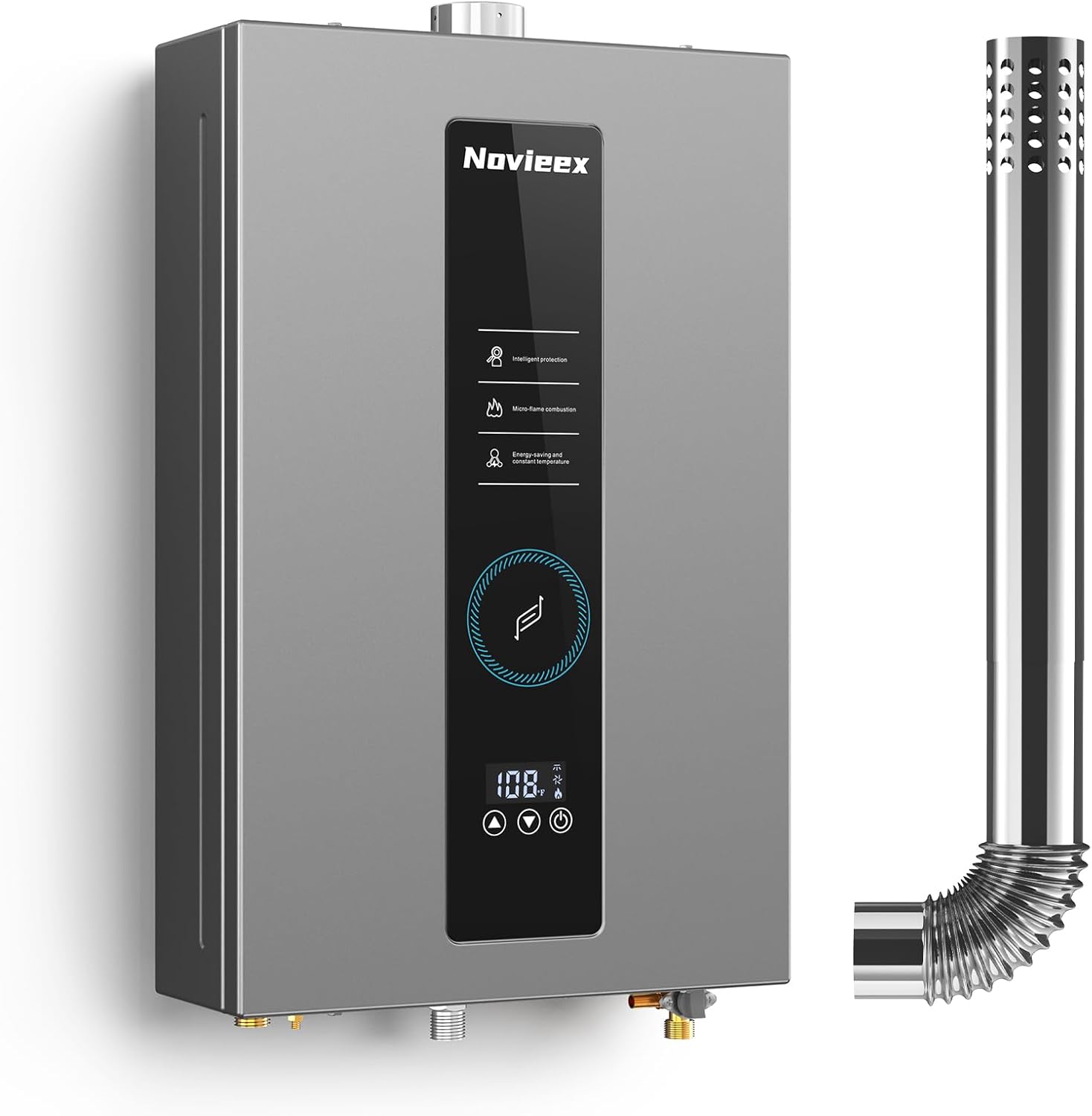For the best heating and air repair services, choose a licensed technician with excellent reviews and prompt response times to ensure efficient climate control solutions.
Top-rated local HVAC services with fast, reliable repairs and maintenance.
Is your HVAC system acting up, leaving you shivering in winter or sweating in summer? Faulty thermostats, strange noises, and skyrocketing energy bills are just a few signs you need professional heating and air repair.
The right heating and air repair can restore comfort, improve efficiency, and prevent costly breakdowns. In this guide, we’ll cover how to choose the best HVAC service, maintenance tips, and cost-saving strategies. For DIY troubleshooting, check our thermostat repair guide.

Key Takeaways
- Choose licensed, insured HVAC technicians with proven expertise
- Regular maintenance extends system lifespan by 5+ years
- Compare quotes to balance quality and affordability
- Emergency services prevent long-term damage
How to Choose the Best Heating and Air Repair Service
Not all HVAC companies deliver the same quality. Follow these steps to avoid scams and ensure top-tier service:
1. Verify Credentials
Always confirm a company’s licenses, insurance, and certifications. NATE (North American Technician Excellence) certification indicates advanced training. Check reviews on Google, BBB, and Angi for consistency in service quality.
2. Evaluate Experience
Technicians with 10+ years of experience handle complex issues like refrigerant leaks or furnace ignition failures efficiently. Ask about their specialization—some excel in heat pumps, while others focus on gas furnaces.
3. Compare Pricing
| Service | Average Cost |
|---|---|
| Thermostat Replacement | $150–$400 |
| AC Refrigerant Recharge | $200–$600 |
| Furnace Repair | $100–$1,200 |
Preventative Maintenance Tips
Routine upkeep reduces repair costs by 40% and improves efficiency. Key tasks include:
1. Filter Replacement
Dirty filters strain your system, increasing energy use by 15%. Replace 1–3 inch filters every 30–90 days, or clean reusable ones monthly.
2. Duct Cleaning
Leaky ducts waste 20–30% of conditioned air. Seal gaps with mastic tape and schedule professional cleaning every 3–5 years.
3. Seasonal Inspections
Before extreme weather hits, test heating/cooling modes, check refrigerant levels, and inspect electrical connections. For heat pump care, see our heat pump maintenance guide.
When to Call a Professional
While DIY fixes work for minor issues, these red flags demand expert help:
- Strange noises (grinding, banging, screeching)
- Weak airflow despite clean filters
- Frequent cycling or system shutdowns
- Gas smells (evacuate and call immediately)
FAQ Section
How often should HVAC systems be serviced?
Twice yearly—before summer and winter. This prevents 85% of emergency breakdowns.
What’s the lifespan of a furnace?
15–20 years with proper care. High-efficiency models last longer. Compare gas vs. electric furnaces for longevity differences.
Can I repair my AC myself?
Basic tasks like filter changes are safe, but refrigerant handling requires EPA certification. Always hire pros for electrical or gas components.
Final Thoughts
Finding the best heating and air repair ensures year-round comfort and lower energy bills. Prioritize certified technicians, invest in maintenance, and act fast on warning signs. For more insights, explore Energy.gov’s HVAC tips or ACCA’s expert guides.

